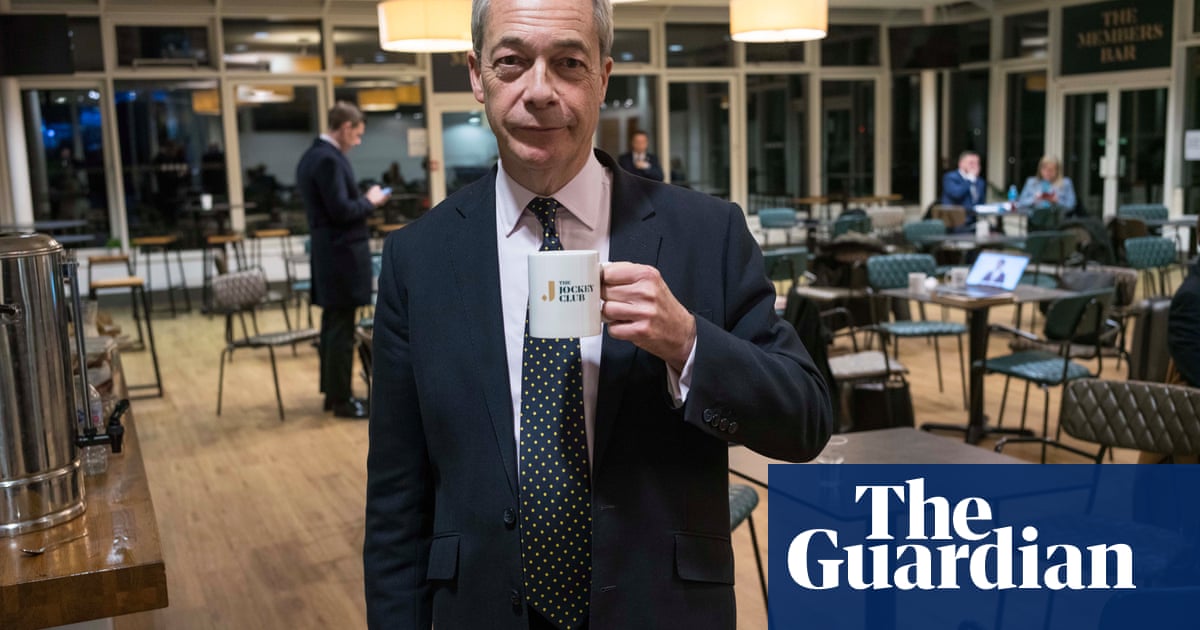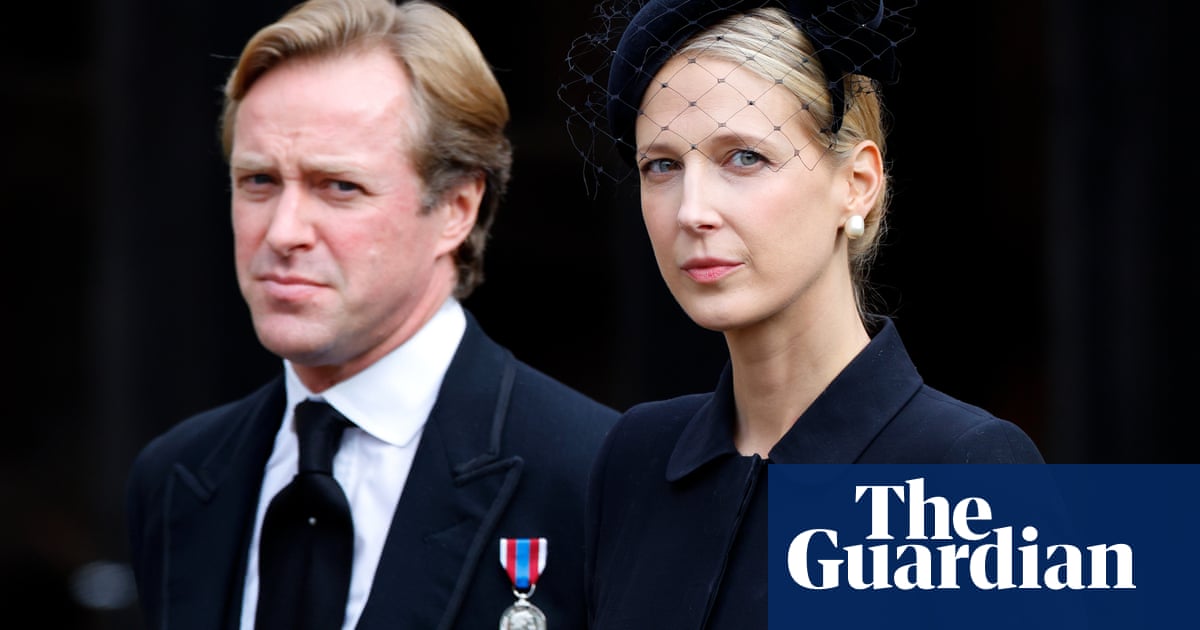This was the sort of day of which all governments dream. A day in which all opposition was reduced to noises off at best. When no crises were on the horizon and most of Westminster was fast asleep. When ministers could get on with their jobs with no outside interventions. A day when the government got to control the news grid.
Over in the Treasury, Rachel Reeves was putting the final touches to her Mansion House speech. Her chance to mend fences with the City after raising employers’ national insurance contributions in the budget. Still, at least they vaguely understood the numbers. Kemi Badenoch had proved herself to be totally financially illiterate at the previous day’s prime minister’s questions. For Rachel, a top Conservative team of Kemi, Mel Stride, Priti Patel and Chris Philp was a dream quartet. Not all chancellors are so blessed.
The only slight annoyance on the horizon was Donald Trump. While assembling his own team of oddballs, unqualified culture war warriors and someone once accused of sex offences, the president-elect had casually announced he would be imposing 20% tariffs on all imports. So much for the special relationship.
Weirdly, even Nigel Farage had gone silent at that. Normally, the Donald’s Unloved Mini Me never misses an opportunity to say how wonderful his idol is. Only on Wednesday, he was suggesting British foreign policy should be written to suit the incoming US administration.
Instead, we got tumbleweed rolling through GB News. Maybe even Nige is finding it difficult to explain how a £20bn hit to UK exports will be good for the country. I guess he just thinks Trump would make an exception for Britain if he were in charge.
Or maybe he’s too busy compiling his fantasy government in exile. Nige as prime minister. Natch. Dicky Tice, a man who made a small fortune by starting with a big one, in charge of the economy. Laurence Fox as ambassador to the US. Calvin Robinson as the new archbishop of Canterbury. What could possibly go wrong?
Meanwhile in Downing St, Keir Starmer was allowing himself a minor celebration with the news that the first arrest of a person suspected of people trafficking had been made after a joint investigation by a British, Belgian and Dutch taskforce. “It’s an important first step,” he said. Before saying other steps would be needed. But hey! One arrest was one more than the last Tory government had ever made. And it was a great deal more credible than a Rwandan plan that had only managed to deport four volunteers. Keir was learning there was something to be said for a low bar.
Even in the Commons there was little sign of any real opposition to disrupt the government’s narrative. Indeed, the biggest obstacle, Steve Reed, the environment secretary, faced at Defra questions was himself. You get the feeling that the Streatham and Croydon MP’s heart really isn’t in the countryside. He tries to look interested but then the spirit leaves him. It takes a lot to make his Tory opposite number, Victoria Atkins, look halfway competent but somehow he manages it.
Unsurprisingly, Atkins chose to use her two questions on the ongoing row on inheritance tax for farmers. Only the day before, the farming minister, Daniel Zeichner, had told a conference that there was a discrepancy in the numbers. While Treasury figures showed that just 28% of farms were worth more than the £1m, Defra’s own statistics indicated that 66% of farms exceeded the inheritance tax threshold. Atkins quite sensibly suggested it might have been an idea for the left hand to speak to the right before the budget announcement was made.
Reed’s answer was more or less unintelligible. He could have said that tax experts were forecasting the vast majority of farmers would be unaffected but that in any case the department was taking the matter seriously. Instead, he mumbled something about farmers being “reasonable people” and that they should trust the Treasury figures. Rather implying that if farmers put their mind to it and believed their farm was worth less than it was then all would be well. Not his finest hour.
The only other curiosity of note at Defra questions was a rare sighting of Rishi Sunak on the back benches having remembered belatedly that he represents a rural Yorkshire seat. Though, like Reed, he looks and sounds like a townie through and through. Unlike many of his Tory colleagues, he was unbothered by inheritance tax for farmers. He was far more concerned about his own legacy, desperate that the new government should maintain his food security index. Reed said he would handle the data in his own way. Which, given his track record, wasn’t entirely reassuring to his ministerial team.
We then moved on to two urgent questions. Here you had to feel sorry for shadow housing minister David Simmonds, who had been sent out to make trouble over a £2.4bn black hole in the council tax budget that Kemi thought she had uncovered the day before. Only she hadn’t, because – as discussed previously – she is hopeless at maths and the £2.4bn never existed in the first place. She had yet again forgotten the 5% cap was something her own government had created and that Tory councils were pushing for a lifting of the cap to increase council tax by more.
after newsletter promotion
Poor David. He is a nice man. A gentle soul who means no ill to anyone and he deserved better from his party. Perhaps realising this, the junior minister, Matthew Pennycook, went relatively easy on him. Pointing out one or two elementary mistakes in the maths along with the flaw in logic but not rubbing it in. No point in being a hard arse just for the hell of it.
Next came a UQ on national insurance contributions for GPs, hospices and care homes. This was also telling because most Tory MPs were more plaintive than angry. As if they accept their own government wrecked the economy and starved the NHS of funds. Even old warhorse Edward Leigh couldn’t defend his party, choosing instead to make the case for relief on behalf of a local hospice. The shadow cabinet may still be in denial but Tory backbenchers aren’t. They can see the writing of their legacy on the wall.
It’s Westminster politics. But not as we’ve known it in the last decade.
-
Taking the Lead by John Crace is published by Little, Brown (£18.99). To support the Guardian and Observer, order your copy at guardianbookshop.com. Delivery charges may apply.

.png) 1 month ago
27
1 month ago
27













































